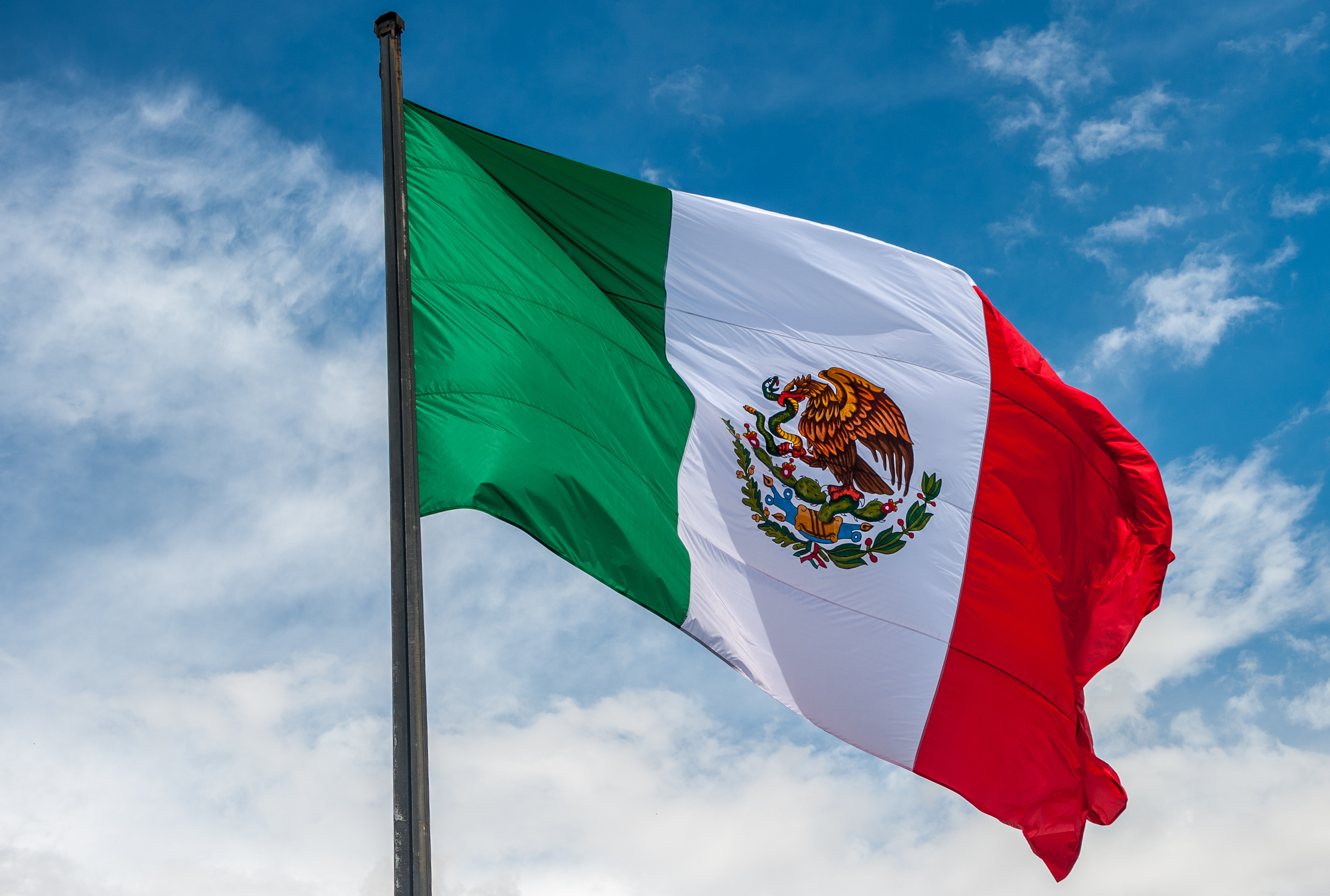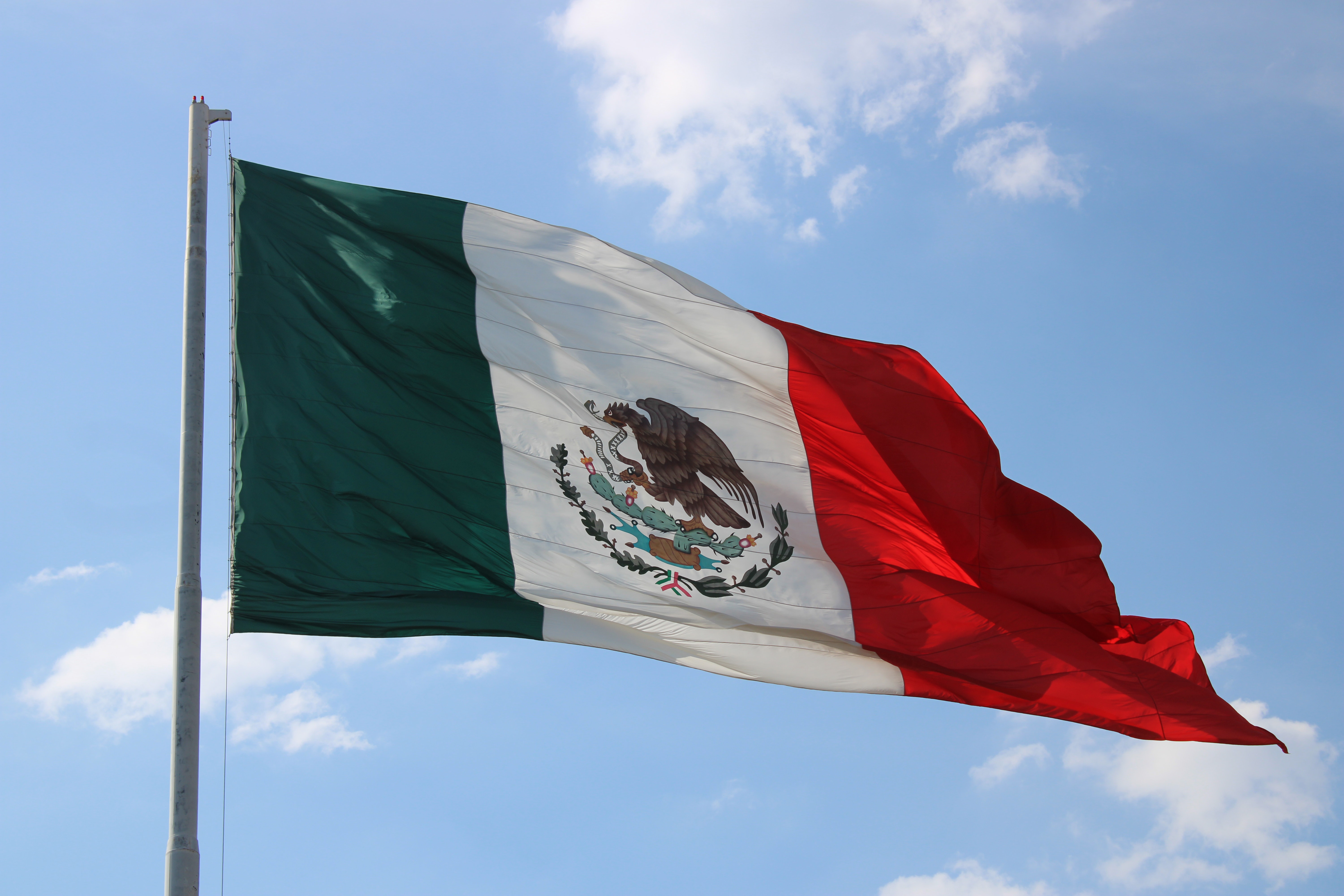WASHINGTON (June 3, 2024) – Former mayor of Mexico City Claudia Sheinbaum won Mexico's presidential election, making her the first female president in the nation’s history. It was an historic election that featured two women vying for Mexico’s highest office.
Violence had plagued the election season in Mexico. There had been more than 20 political killings since September and voting was suspended for several hours on Sunday in one southeastern Mexican town because of violence at the polling centers. According to the Associated Press, this was also Mexico’s largest election in its history, with more than 20,000 congressional and local positions up for the taking.
Faculty experts at the George Washington University are available to offer insight, analysis and commentary on the upcoming election in Mexico. If you would like to speak with an expert, please contact GW Media Relations at gwmedia gwu [dot] edu (gwmedia[at]gwu[dot]edu).
gwu [dot] edu (gwmedia[at]gwu[dot]edu).
Omar García-Ponce, an assistant professor of political science and international affairs, writes and teaches on the causes and consequences of various forms of intrastate organized violence that are prevalent in low- and middle-income countries, ranging from local criminal gangs to armed rebellions and transnational organized crime groups. His regional expertise is in Latin America and he also teaches courses on US-Mexico relations and Latin American politics. His expertise within Mexico includes crime and violence, electoral integrity, and corruption, and he can also discuss how the election might impact immigration at the US-Mexico border.
Gema Kloppe-Santamaría is an assistant professor of Latin American history and international affairs. Her work centers on questions of violence, crime, religion, and gender in twentieth and twentieth-first century Latin America, with a particular focus on Mexico and Central America. She recently spoke with CNN about the paradox of Mexico electing its first female president at a time when gender-based violence, and violence more broadly, has skyrocketed in the country.
-GW-




